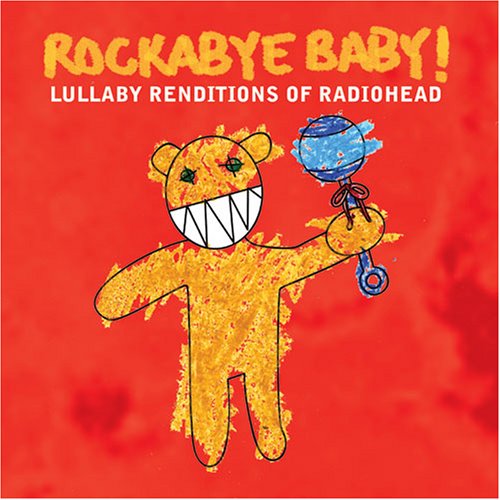
An amazing portion from one of Gerhard Forde’s ‘responses’ in the Five Views of Sanctification book:
 I think that most of our talk about [sanctification] represents the bad conscience of the old (moral or immoral!) being who has not really been put to death and so is worried because salvation as a free gift seems too easy and cheap. Since the old being has not died, the law is still in some sense in effect, and so sanctification becomes merely a repair job on the old, a progress according to the law, a transition from vice to virtue for the continuously existing being. To avoid the charge of “cheap grace” we talk very seriously and grandly about sanctification. The result, however, is only that a good deal of cheap talk replaces the cheap grace.
I think that most of our talk about [sanctification] represents the bad conscience of the old (moral or immoral!) being who has not really been put to death and so is worried because salvation as a free gift seems too easy and cheap. Since the old being has not died, the law is still in some sense in effect, and so sanctification becomes merely a repair job on the old, a progress according to the law, a transition from vice to virtue for the continuously existing being. To avoid the charge of “cheap grace” we talk very seriously and grandly about sanctification. The result, however, is only that a good deal of cheap talk replaces the cheap grace.
Consequently I watch very closely the way in which we talk about sanctification. To begin with, the problem lies in what we think such talk is supposed to accomplish. There is quite a difference between adequately describing sanctification and actually fostering or producing it. The description may be quite true, nice, accurate or even enticing, but it may be accompanied with an inadequate understanding of how to effect such things evangelically. We can end up preaching a description of the sanctified life but doing little or nothing to bring it about.
Preaching a description is deadly and usually counterproductive. It is like yelling so loudly at your children to go to sleep that you only keep them awake. You have to learn to sing lullabies. Or it is like telling your beloved that “love means thus-and-so, and if you really love me then you would do thus-and-so.” While the description may be true, it’s not likely to work. More often it will have the opposite effect. Instead one has to learn to say, “I love you, no matter what.”
“Faith without works is dead,” we are reminded. Quite true. But then what follows is usually some long and dreary description of works and what we should be about, as though the way to revive a dead faith were by putting up a good-works front. If the faith is dead, it is the faith that must be revived. No amount of works will do it. Whatever may be accomplished by such hollering about works–though it may even be considerable–does not really qualify as sanctification, that is, true holiness.” (pg 77-78)

COMMENTS
3 responses to “Dead Faith and Learning to Sing Lullabies”
Leave a Reply













Thank you, Dave. Forde touches profoundly the reality of Christian experience in his presentation and responses. This book is top level because of his engagement.
Amen. We are good at describing holiness, but few church leaders has that passion actually to toil for the maturity of the believers like apostle Paul had (Col. 1:28-29).
“Yeah but…you just can’t live any way you want.”
Ha ha ha.